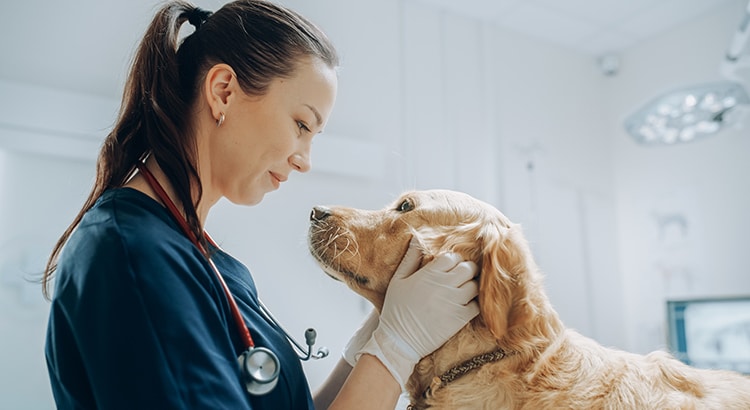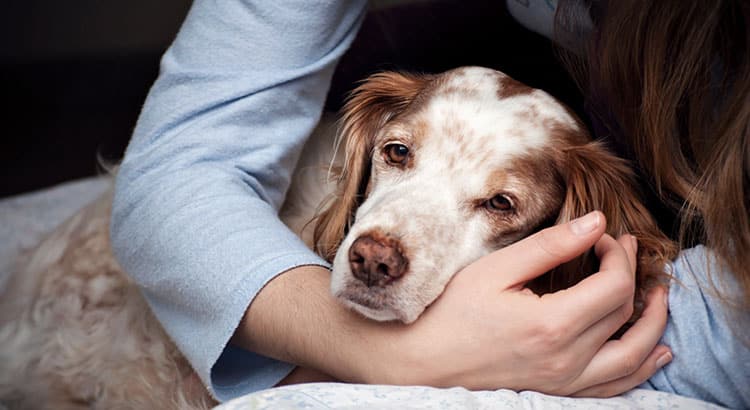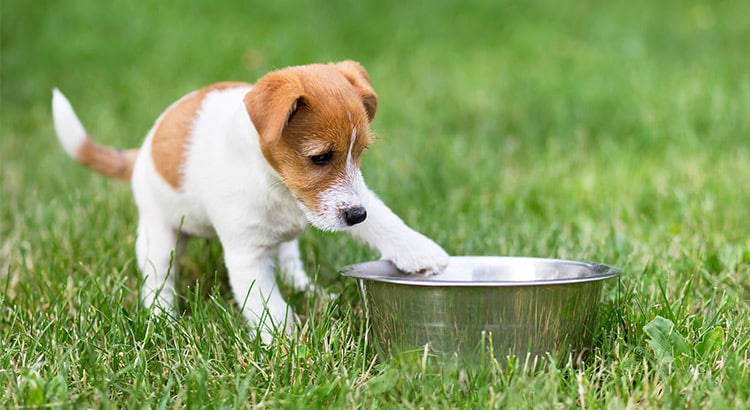
Understanding Rabies: A Serious Threat to Dogs
Rabies is a viral disease affecting the nervous system of mammals, including dog and humans. It’s primarily transmitted through bites or scratches from an infected animal, often through saliva. Once symptoms appear, rabies is almost always fatal. Thankfully, the rabies vaccine for dogs provides reliable protection against this disease. Knowing when and why to vaccinate can help protect your pet and other animals in your community.
How the Rabies Vaccine Works
The rabies vaccine is designed to stimulate your dog’s immune system to product antibodies against the virus. When your dog is vaccinated, their immune system learns to recognize the virus, so if they’re exposed in the future, they can quickly respond. The vaccine itself doesn’t cause rabies; instead, it offers a safe and effective way to protect dogs against this deadly virus.
When to Get the Rabies Vaccine for Dogs
The timing of rabies vaccination depends on your dog’s age and previous vaccination history. Typically, puppies receive their first rabies vaccine at around 12-16 weeks. After the initial shot, a booster is generally required within one year, with subsequent shots every one to three years, depending on local regulations and the type of vaccine. Keeping up with the booster schedule is essential to maintain long-term immunity.
Benefits of Rabies Vaccination
Aside from protecting your dog, the rabies vaccine plays a crucial role in public health. Rabies is zoonotic, meaning it can be transmitted from animals to humans. Vaccinating your dog helps prevent the spread of the virus, protecting you, your family and the broader community. Additionally, most areas require rabies vaccination by law, so staying current with vaccinations helps avoid legal issues and ensures compliance with local regulations.
Potential Side Effects and Risks
Like any vaccine, the rabies vaccine for dogs may cause mild side effects, such as soreness, low fever, or lethargy. Serious reactions are rare but can include allergic responses. Most dogs recover quickly without complications, but if you’re concerned about any symptoms after vaccination, consult your veterinarian for guidance.
Final Thoughts: Keeping Your Dog Safe
The rabies vaccine is essential for every dog. Not only does it protect your pet, but it also safeguards public health and meets legal requirements. By staying informed and up to date with vaccinations, you’re taking a responsible step towards keeping your dog and community safe from this deadly disease.
Pin Paws Pet Care members have the option to add routine care coverage to their pet insurance plans to assist with out-of-pocket costs associated with annual visits and routine vaccinations. Get your hassle-free quote here: Pin Paws Pet Care




